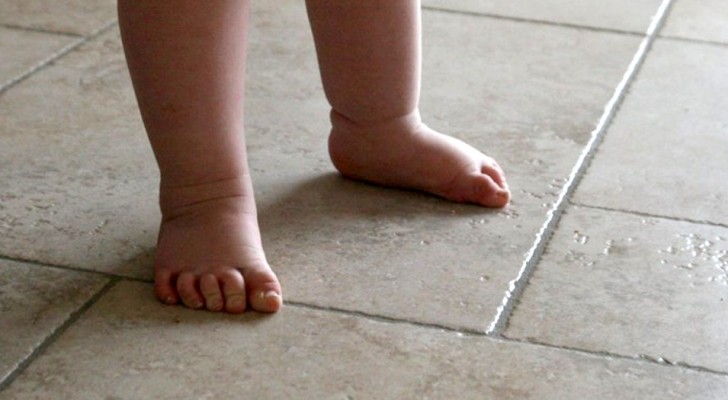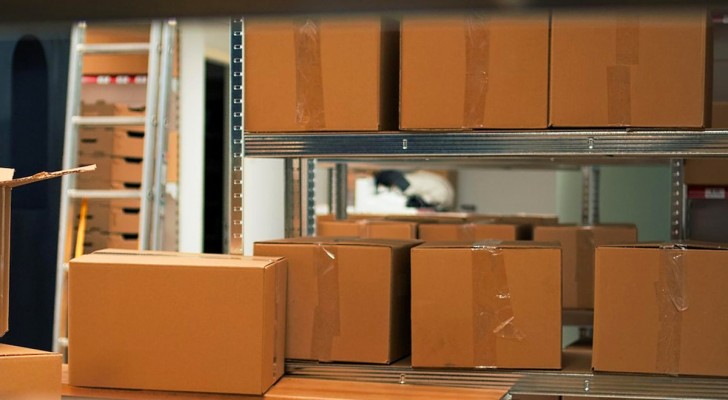Some advice from Maria Montessori regarding how to raise independent and happy children

Often the way parents try to educate their children turns out to be particularly confusing because it oscillates between treating children as small adults and considering them as eternal babies, preventing them from carrying out certain tasks that they would be totally capable of managing. This attitude does not lead to good results and only creates a lot of confusion in the children.
The Montessori method is unidirectional, in the sense that the objective is to raise independent and happy children. Therefore, starting at a very young age, it tries to develop a certain independence and at the same time a sense of responsibility that will lead the child to be aware of his or her abilities, and therefore to be happy.
Here is a detailed description of the famous educational method that bears the name of the illustrious educator and founder, Maria Montessori.
Children from 2 to 3 years old

According to the Montessori theory, this is the most delicate phase of a child's growth and also the one in which he or she is more receptive. Learning is at its maximum potential in these years, so it is important to give the right stimulation to a child.
Even at this young age, you can give a child responsibilities, however, the support and help of the parents should not be missing. For example, you can teach the child to take care of his or her toys and not to break them, or let them try to get dressed alone. Playing with household tools is a way to introduce a child to household tasks, even if at the moment it remains just a game.
Children from 4 to 6 years old
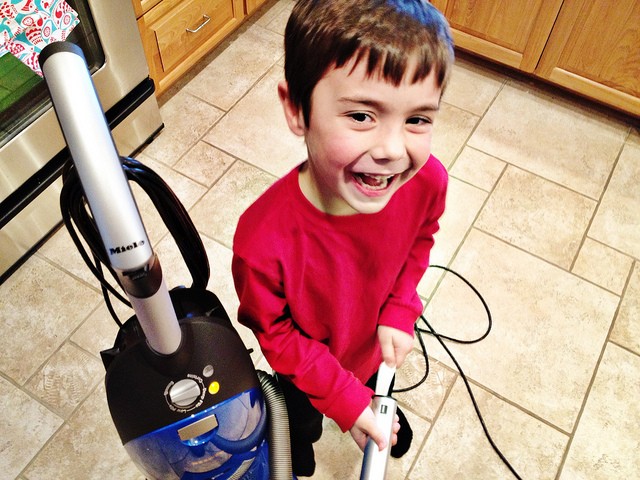
At this age, it would be ideal to make changes to the furnishings of the house to give a child the opportunity to interact as much as possible with domestic life. In fact, the Montessori method recommends eliminating all obstacles and barriers.
During this period of life, you can allow a child to interact in the kitchen by allowing the child to prepare some simple dishes, especially those intended for him or herself, such as breakfast. In this way, the child will understand the pleasure of taking care of him or herself, through positive interaction in the kitchen.
The Montessori method recommends making the child aware of all the activities he or she needs at a specific age to take care of him or herself without always needing the exclusive help of one or both parents.
Children from 7 to 8 years old
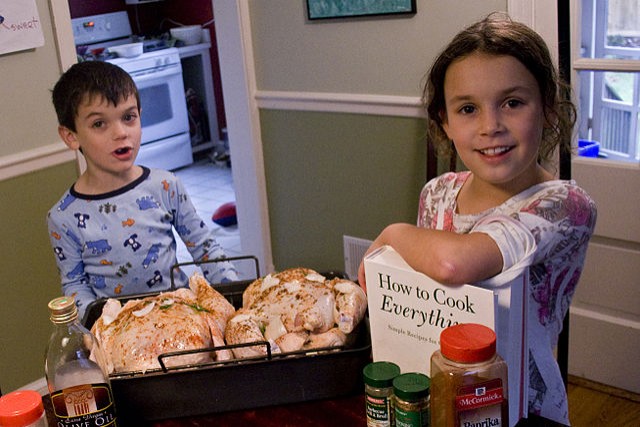
The amount of information that children learn from 2 to 8 years old is incredible, and there is not another age in which the same results can be achieved. It is during this phase that the child increases self-esteem, attachment to the family and place of birth, and develops their identity and above all self-sufficiency. The goal of the parent is to help the child to grow up feeling capable, useful, and independent.
Between 7 and 8 years old children can do many things, even if they believe they can do much more than they can! Consequently, for this reason, it is good to encourage them to explore new frontiers but also to advise them to be careful and to have a clear vision of their real possibilities.
At 7 to 8 years old the child should be fully responsible for him or herself, both for the care of his or her person and education. The child must show the parents that they can trust him or her, in order to be given even more independence.
Not all children mature at the same time
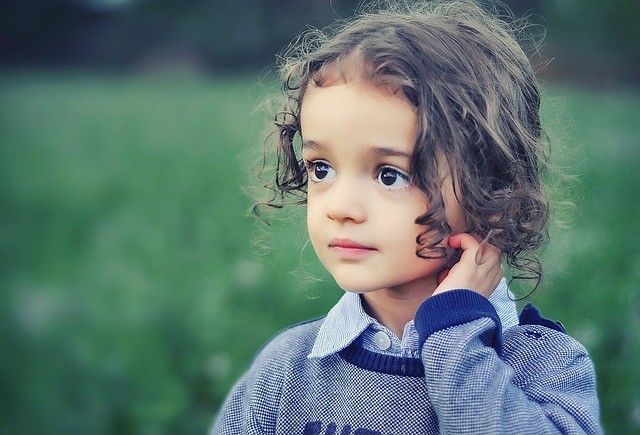
To think that there are fixed stages strictly governed by time, in the way a child should be raised is wrong. Even if we can outline a universal educational method, it is always good and important to take into account the character and identity of each child. It is not necessary, as well as being profoundly harmful, to give responsibilities to a child, that cannot be sustained, it would only promote distrust and lack of self-esteem in their own possibilities.
In addition, the independence of the child must not be confused with the distancing of the parents. In fact, the presence of the mother and the father must be solid in all age groups, only they must not exceed in helping the child.
